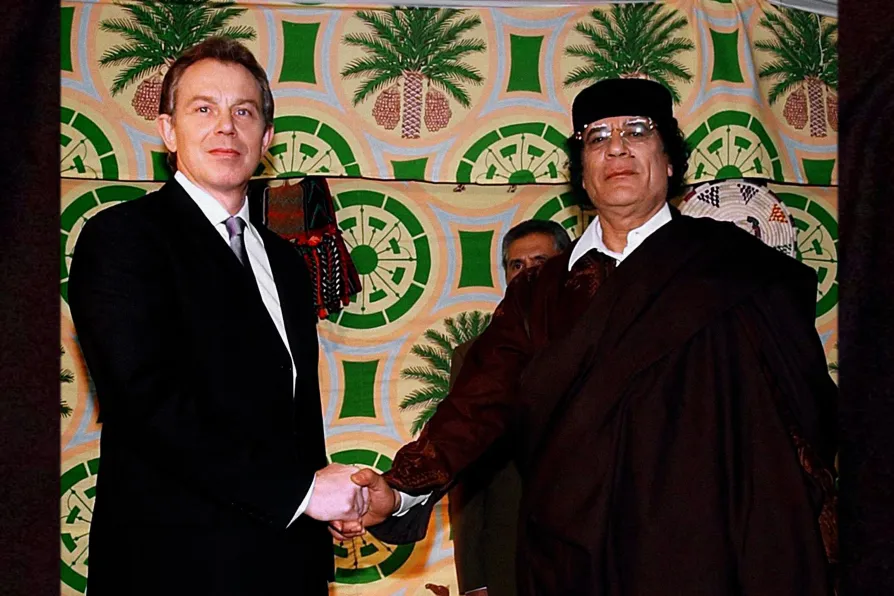The crew of the Freedom Flotilla boat, Handala, warned Israel to obey international law but are now in captivity, reports LINDA PENTZ GUNTER


LAST month, retired British major-general Rob Weighill gave a public lecture at the London School of Economics titled The Cauldron: Nato’s 2011 Operation to Protect Civilians in Libya — based on his new co-authored book of the same title published by Hurst.
Triggered by the Libyan government’s crackdown on anti-government rebels, Operation Unified Protector ran from March 2011 to the overthrow of Muammar Gadaffi in October 2011. The official Nato war aim was the protection of civilians, set out in United Nations Resolution 1973.
As the person who led the planning and directed operations during the Libya intervention from Nato’s Joint Force Command, Weighill provided an insider account of Nato’s air campaign, which he considers a success. However, during the lecture Weighill made a series of misleading statements about the conflict which deserve to be challenged.
Myth: Weighill said “We [Nato] had no direct comms [communications] with the rebels. We were unable to talk to the anti-Gadaffi rebels.”
Reality: Special Forces from Nato member nations, including France and Britain, were deployed in Libya to support the rebels. “By every account, the presence of foreign ground advisers working with Libyan opposition forces had a transformative effect on [Nato] airpower,” Dr Frederic Wehrey wrote in Foreign Policy in 2013, after conducting two dozen interviews with anti-Gadaffi commanders. “Libyan interlocutors described how, in the operations rooms of Misrata, Zintan, and Benghazi, these advisers built trust between Western forces and the opposition and — most importantly — co-ordinated [Nato] airstrikes.”
According to Wehrey: “Opposition forces and their sympathisers across the country formed a complex network of spotters, informants, forward observers, and battle damage assessors … The problem that Nato faced, therefore, was not a shortage of targeting information, but a flood of it.” In May 2011 a “senior European diplomat” confirmed to the Guardian that Nato’s bombing campaign was “relying strongly on information supplied by rebel leaders.”
Why does Weighill deny there was any communication between Nato and rebel forces? With the rebels fighting to overthrow the Libyan government committing “serious violations, including war crimes and breaches of international human rights law,” according to a 2012 United Nations Human Rights Council report, admitting support would likely have significant legal implications.

New releases from Paul Weller, Wet Leg, and Dino Saluzzi

At the very moment Britain faces poverty, housing and climate crises requiring radical solutions, the liberal press promotes ideologically narrow books while marginalising authors who offer the most accurate understanding of change, writes IAN SINCLAIR

New releases from Allo Darlin’, Loyle Carner and Mike Polizze

New releases from Toby Hay, Bruce Springsteen, Bonnie Dobson & The Hanging Stars














